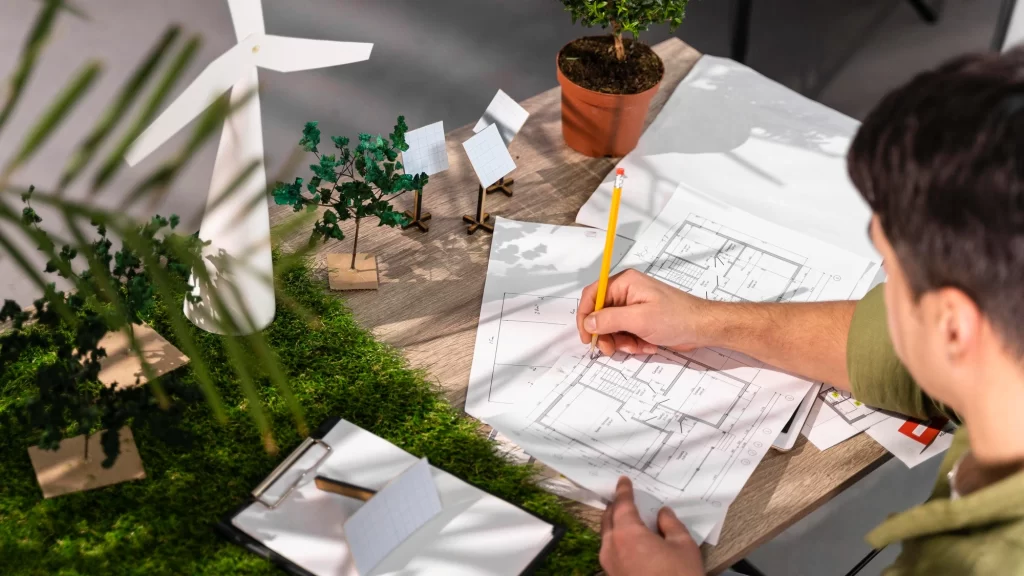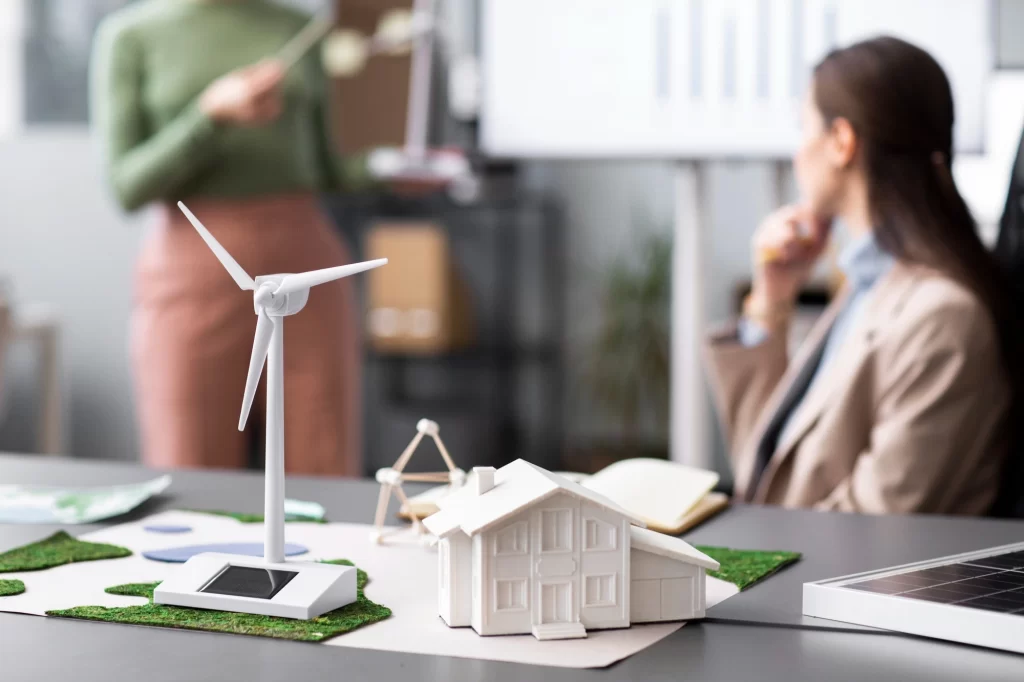The imperative for sustainability is reshaping the landscape of global economic growth, steering the focus towards practices that align with Environmental, Social, and Governance (ESG) criteria. This exploration underscores the transformative impact of sustainable endeavors on fostering both local and global economic advancements.
Sustainable Initiatives: Catalysts for Economic Innovation
Sustainable practices are not merely ethical choices; they are economic catalysts. By driving innovation and pioneering new markets, these practices enable businesses to adapt to a green economy, often resulting in an enhanced brand image and a competitive edge in the marketplace. Companies dedicated to sustainable strategies frequently experience operational efficiencies, reduced waste, and lower energy costs, contributing to long-term profitability.
The Local Impact: Stimulating Community and Economic Development
On a community level, sustainable initiatives serve as engines for economic development. Through the creation of green jobs and the promotion of eco-friendly projects—ranging from sustainable urban planning to renewable energy installations—these practices invigorate local economies. Communities benefit from improved infrastructure, healthier living environments, and a surge in local employment opportunities, underpinning the social component of sustainability.
Meeting ESG Criteria: A Magnet for Investment
The integration of ESG criteria into business models is becoming a benchmark for attracting investments and fostering stakeholder trust. Companies that embrace sustainability are not only seen as market leaders but also as safer investments by responsible investors. The emphasis on ESG compliance has led to an increase in green bonds and sustainable investment funds, highlighting the financial sector’s role in encouraging environmentally responsible business practices.
The Arche Program: A Model of Sustainability in Action
The Arche Program stands as a testament to the integration of sustainability in real estate construction and management. By aligning its practices with ESG goals, the program demonstrates how sustainable construction can lead to responsible and inclusive economic growth. The Arche Program’s commitment to circular building practices—where materials are reused and recycled—reduces the environmental footprint and sets a new standard for the construction industry.
The Economic Virtues of Sustainability
Sustainability is increasingly recognized as a cornerstone for long-lasting economic growth. By adopting practices that meet ESG criteria, the global economy benefits from a more responsible use of resources, mitigated environmental risks, and a stable social framework. Sustainable development and economic prosperity are shown to be mutually reinforcing, debunking the myth that environmental considerations are at odds with economic success.
Looking Ahead: The Future of Sustainable Construction
As the world grapples with climate change and resource scarcity, the future of real estate construction lies in the adoption of more sustainable and circular practices. Innovations such as green building materials, energy-efficient designs, and smart technologies are paving the way for a new era of construction that prioritizes the planet alongside profit.
The movement towards sustainability in real estate construction is more than a trend; it is a necessary shift towards a more equitable, resilient, and prosperous global economy. As businesses, communities, and governments embrace these practices, the path towards a sustainable future becomes clearer, illustrating that the goals of environmental stewardship and economic growth are not only compatible but also complementary.




